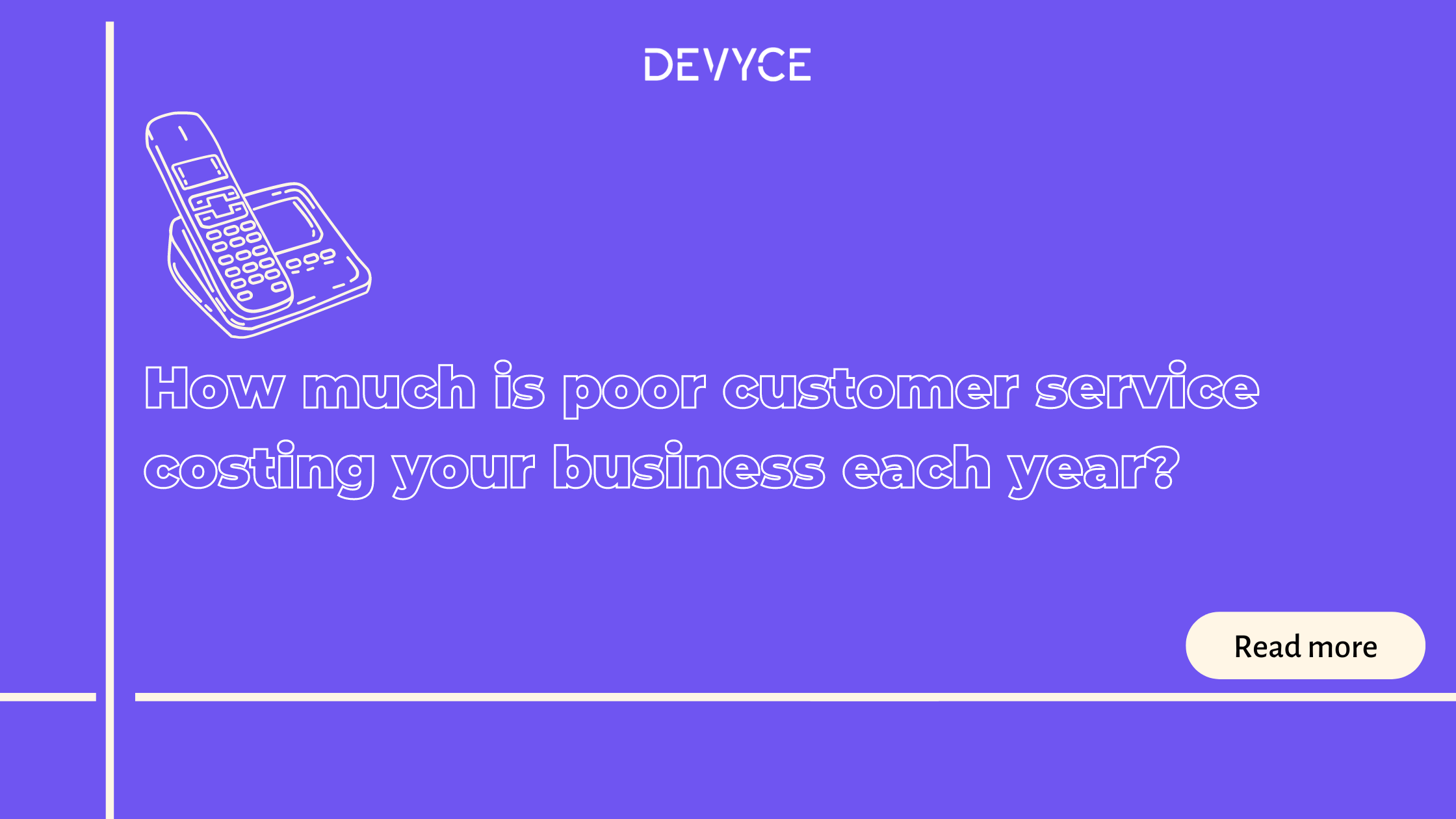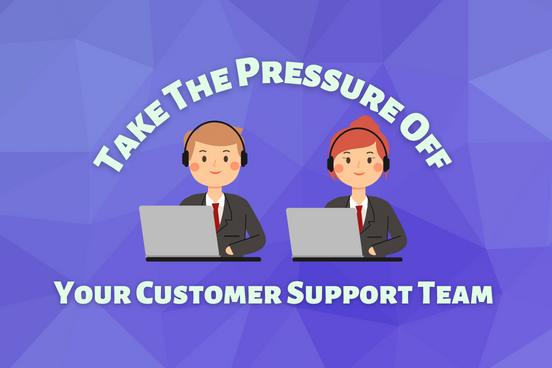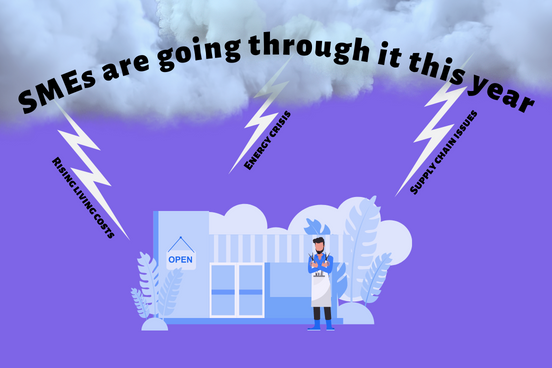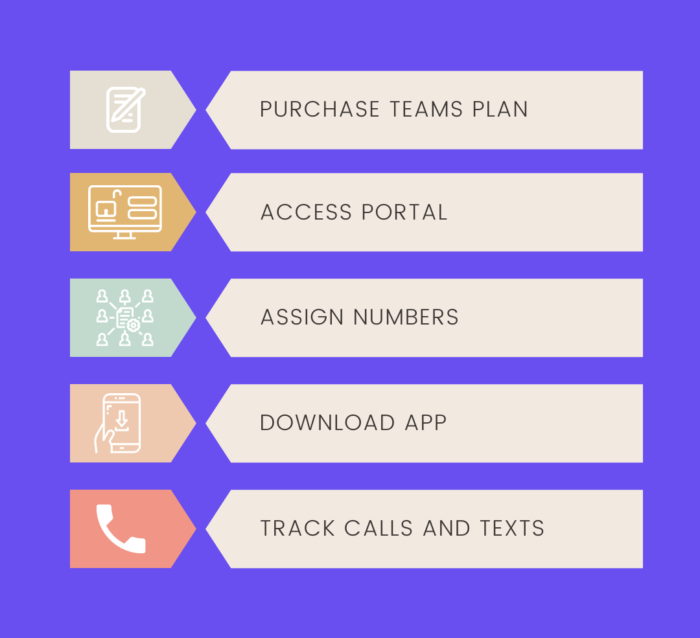5 Common Customer Service Horror Stories and How to Avoid Them
| By Laura Castelli | 0 Comments

How much is poor customer service costing your business each year? UK businesses lose up to £37 billion a year [1] as a result of inefficient customer service yet it isn’t always a high priority improvement area for businesses.
Contact centres are still the go to channel for consumer queries despite the rise in emergence of other consumer communication channels with businesses such as chatbots, forums and email. This is due to the desire of consumers for quick resolutions of their problem.
The reality for many contact centres is the opposite due to poor organisation of procedures and use of outdated business phone technology. So how can investing in the right technology improve your customer service experience? We’ve gathered 5 of the most common customer service hurdles faced by consumers when contacting businesses and evaluated how tech can make the process less painful for both your team and customers.
1. Call transfer loops
We’ve all been there – you have a query, you call customer service and the agent you speak to is unable to help so you are transferred to another who should be better equipped to help. After a long wait and finally getting through, you need to repeat yourself to this new agent who seemingly has no information about your query. Then you’re met with another dreaded transfer as they’re unfortunately also unable to help you – the nightmare of a call transfer loop.
Being shuttled between service departments is the biggest frustration faced by customers. The root of the problem is inefficient call routing to relevant departments. Without proper routing technology, customers end up being bounced from agent to agent as your team looks for the right person to help.
Business phone systems like Devyce allow you to set up an auto attendant which automates the routing process to ensure your customer calls are being directed to the right person/department so they are able to promptly get assistance.
2. Slow responses and lengthy wait times
Since the pandemic, 48% of customers say their expectations for customer service standards have risen [2], with focus on it being quick and efficient. No one likes to be kept waiting on hold or worse, calling customer service and not being able to get through with no one following up on their call.
To decrease customer wait times and avoid missing their calls, ensure your business phone system allows call forwarding so that at any point if a member of the team is unavailable to pick up, the call can be directed to a line that is free.
3. Repeating information to different support staff
Often customers may reach out across multiple platforms so it’s important to ensure consistency of information across all channels. It not only provides a more seamless customer experience, it saves both parties time as it decreases wait time while support agents look for the relevant information.
CRM platforms integrated with your business phone system helps to achieve this so you can assign support tickets to customer contact details. This is also great for providing a great omnichannel customer service experience as any member of the support team can quickly access the support thread of a specific customer across different platforms.
4. Unfriendly customer service
85% of customers have reported they will avoid repurchasing with companies where they’ve experienced poor customer service [3]. Customers who have bad experiences are also likely to leave negative reviews and a reputation for bad customer service will impact acquisition. 9 out of 10 consumers read reviews before making a purchase which greatly affects the buyer’s decision.
With features like recorded calls and call listening allowing other team members to listen in on your customer calls, Devyce can help you regularly improve the customer experience by analysing and utilising previous calls to train your team. You can also utilise CRM integrations to collect feedback such as sending out quick surveys which will help with optimisation of your customer service operations.
5. None to little after sales follow up
The customer journey doesn’t end after a sale is made. The aftercare customers receive greatly impacts customer retention. Increasing retention rates by 5% can increase profits by between 25-95% [4]! Often a simple follow up email or call following a customer support request can make a great difference to the overall customer experience rating and lead to formation of long term consumer relationships which increase customer lifetime value.
By making the switch to a modern business phone system, you can build a better tech stack to help you better structure your customer service team and operations. 54% of customers feel that customer service is only an after thought for companies [2] and improving customer service often costs a company less than acquisition therefore companies shouldn’t neglect investing in tech for customer service teams.
Start streamlining your customer service operations and improving customer experience today by checking out our Teams plan!
Are you curious to find out more and like the idea of a discount to get you started? Drop us your email here!
References:
[1] https://www.smart-pa.com/uk/blog/how-much-does-bad-customer-service-cost-your-business
[2] https://cx-trends-report-2022.zendesk.com/challenges
[3] https://www.revechat.com/blog/customer-service-problems/
[4] https://media.bain.com/Images/BB_Prescription_cutting_costs.pdf











